The diminishment of man, brought about not only by the loss of wisdom and of the overall view of the world, man and man’s destiny on the parte of specialised disciplines, but by the aggressive denial of all values by reductionist scientism, has brought mankind to the brink of annihilation in nuclear holocaust or ecological attrition. Formidable as the task is, if man and his values are to survive, there is no other option but to attempt a concept-by-concept reconstruction of the foundations of certitude. This is what Krishna Chaitanya has attempted in his pentalogy on freedom.
In The Physics and Chemistry of Freedom, he showed that self-determination is an intrinsic property of matter even at the particle level. In The Biology of Freedom, he revealed the enhancement of the capacity for self-determination at the organismic level. In The Psychology of Freedom, he dealt with the creeds that deny the mind, or reduce it to a mechanism, or regard it as a mask worn by the irrational. Already reviewers have compared Krishna Chaitanya and to his advantage with Aquinas, the French Encyclopedists, Spencer, Bergson, Teilhard de Chardin and Whitehead.
And, now, in The Sociology of Freedom, he examines the conditions for the fulfilment of freedom and the realisation of values in group living. For mankind which may be teetering at the edge of history, the work has a redemptive message.
He will explore the intimations from beyond history and the empirical world, which may be relevant for man’s self-fulfilment in history, in the next and final volume, Freedom and Transcendence.
ABOUT THE AUTHOR Krishna Chaitanya
Krishna Chaitanya whom Edward Goldsmith, leading international campaigner on environment and winner of the Alternative Nobel Prize refers to in his book, The Way : An Ecological World View, as "possibly the greatest polymath of all time" and the national media have rated as "one of the most original thinkers of the twentieth century" (Hindustan Times), "our nearest approximation to the Renaissance Man" (Indian Express), a writer who has made "singular contribution to the advancement of thought, art and science in our times" (Times of India) and as "one of the most prolific and luminous intellects of our times" (Economic Times), has written over forty books outline summaries of all of which are available in Krishna Chaitanya a Profile and Selected Papers edited by Suguna Ramachandran (Konark, 1991 ). The main categories are : A five-volume philosophy of freedom which critics have compared to the works of St. Thomas Aquinas, the French Encyclopedists, Herbert Spencer, Bergson, Whitehead and Teilhard de Chardin; a ten-volume history of world literature; Indological works including a book on Indian culture, a history of Sanskrit literature, a literary study of the Mahabharata the most comprehensive book so far on Sanskrit poetics and a translation and commentary of the Gita; and books on Indian art. He got the "Critic of Ideas" award of-the Institute of International Education, New York in 1964, the Jawaharlal Nehru Fellowship in 1978, Honorary Membership of the International Cultural, society of Korea, Seoul in 1982, D. Litt. (Honoris Causa) of the Rabindrabharati University in 1986, the Padma Shri in 1992 and the Kalidasa award of the International Institute of Indian Studies, Ottawa in 1993.

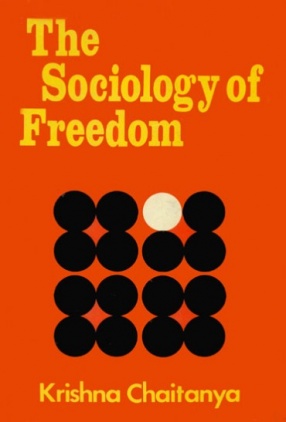
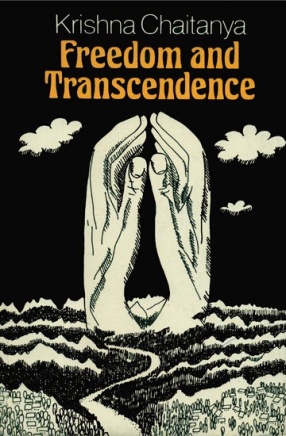

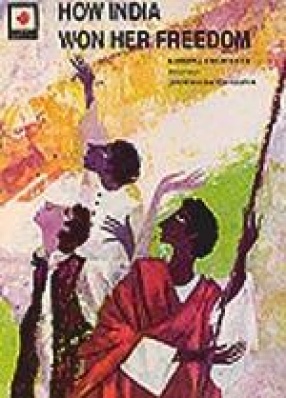
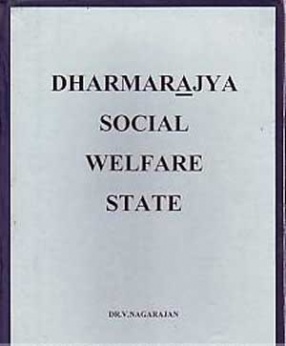
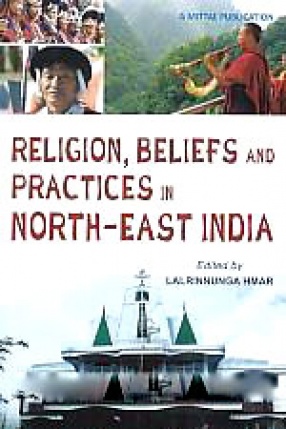
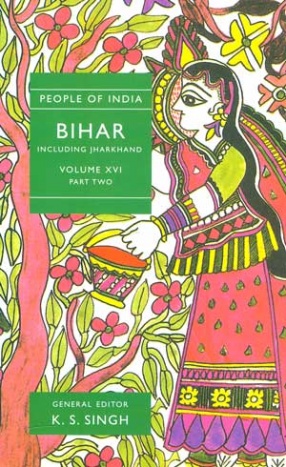
There are no reviews yet.